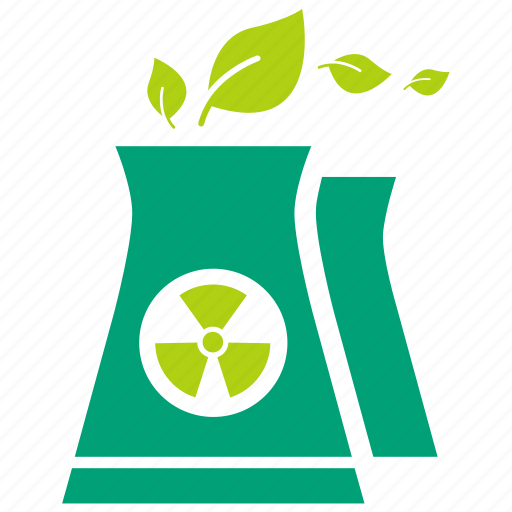Source: https://www.world-nuclear-news.org/Articles/Last-Energy-to-advise-NATO-on-microreactors
US microreactor developer Last Energy has formed a partnership with the NATO Energy Security Centre of Excellence (ENSEC COE) to jointly research military applications for micro-nuclear power technologies and explore opportunities for future deployment on NATO military installations.
The partnership agreement was signed by Last Energy CEO Bret Kugelmass and ENSEC COE Director Colonel Darius Uzkuraitis. It constitutes the first ever agreement between ENSEC COE and a nuclear energy company.
A Last Energy spokesperson told World Nuclear News that under the partnership agreement the company will produce joint research with ENSEC COE around microreactor applications for NATO military bases and installations, adding that the scope of research is currently being refined. Last Energy will also serve as an industry advisor to ENSEC COE for the remainder of its nuclear work more broadly. In addition, it will identify and engage in other joint projects, including exploring opportunities to actually deploy microreactors on NATO bases.
“Nuclear energy is unequivocally the most reliable, abundant form of power mankind has ever discovered, and it must become the default solution for NATO militaries as they navigate a new era of great power competition,” said Kugelmass. "No other resource is capable of providing the kind of 24/7 energy security that’s mission critical on military bases, but we will only realise that potential if we miniaturise, modularise, and productise nuclear development.
“We’re honoured to partner with the NATO Energy Security Centre of Excellence, and look forward to creating a roadmap for the adoption of micro-scale nuclear power across NATO installations.”
Last Energy is a spin-off of the Energy Impact Center, a research institute devoted to accelerating the clean energy transition through innovation. Its SMR technology, the PWR-20, is based on a pressurised water reactor with a capacity of 20 MWe or 60 MWt. Power plant modules would be built off-site and assembled in modules. Thanks to the use of ready-made modular components, a reactor is expected to be assembled within 24 months of the final investment decision. The assumed lifetime of the power plant is 42 years.
The NATO Energy Security Centre of Excellence - located in Vilnius, Lithuania - is one of 28 NATO-accredited expert bodies that advise member militaries on strategy and technologies in particular fields. Founded in 2012, the centre works with partners in industry, academia and government to research and develop solutions for NATO militaries in order to ensure energy resilience and efficiency as well as critical energy infrastructure safety.
Under the terms of their partnership, Last Energy and ENSEC COE agree to work on joint projects around nuclear energy applications for NATO military installations and operations.
“The centre’s partnership with Last Energy is part of a broader pivot by NATO toward prioritising energy security,” Last Energy said. “In addition to dramatically reducing the cost and timeline of construction, micro-nuclear plants have minimal water requirements and can be sited nearly anywhere, allowing for a direct power connection and, by extension, enabling the offtaker to circumvent the traditional bandwidth restraints and price volatility of the grid.”

